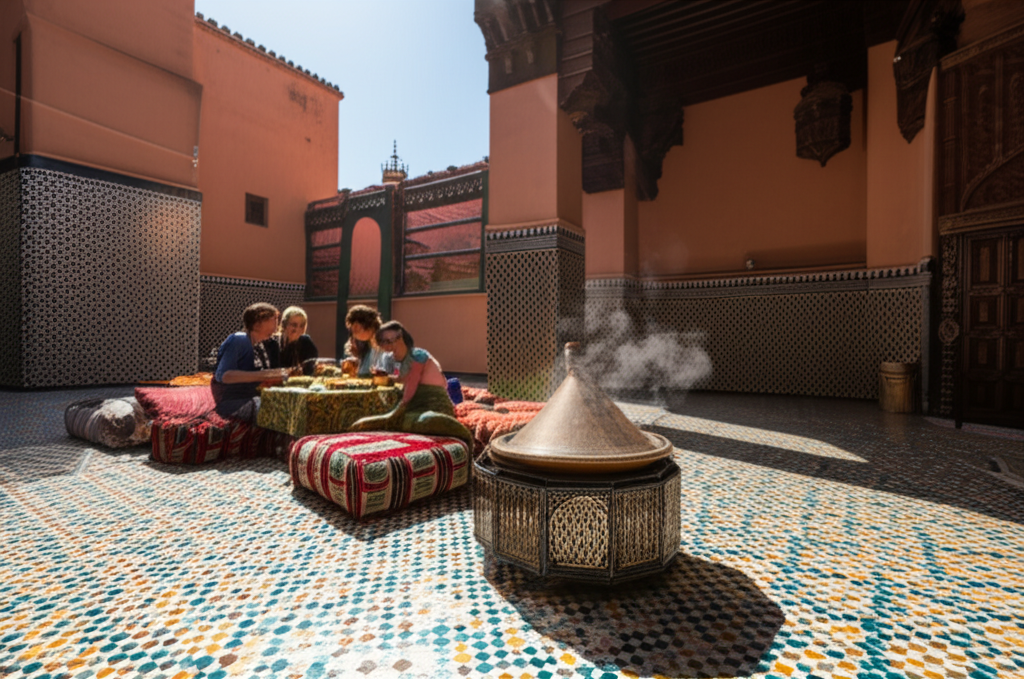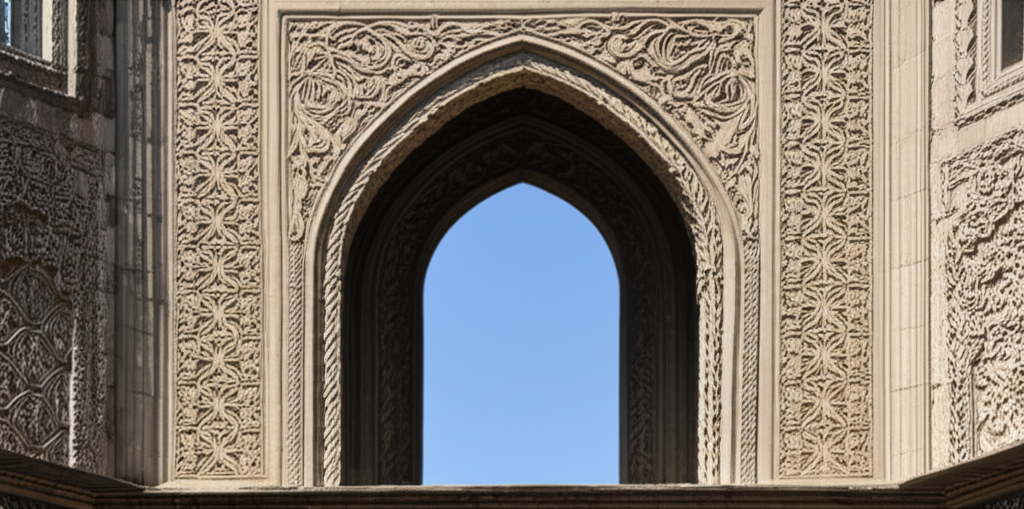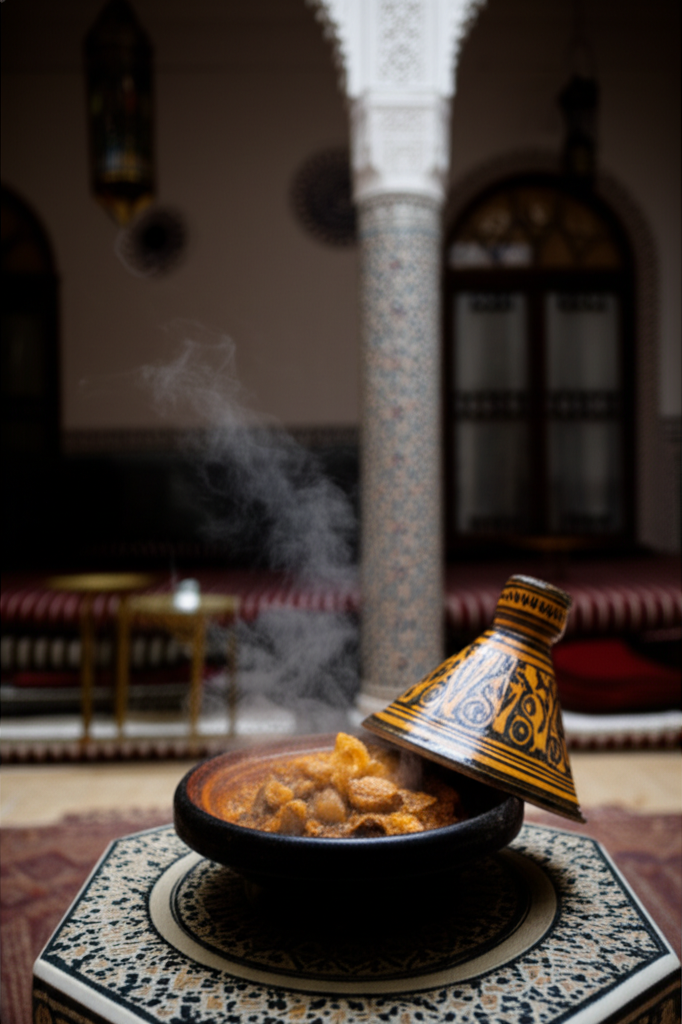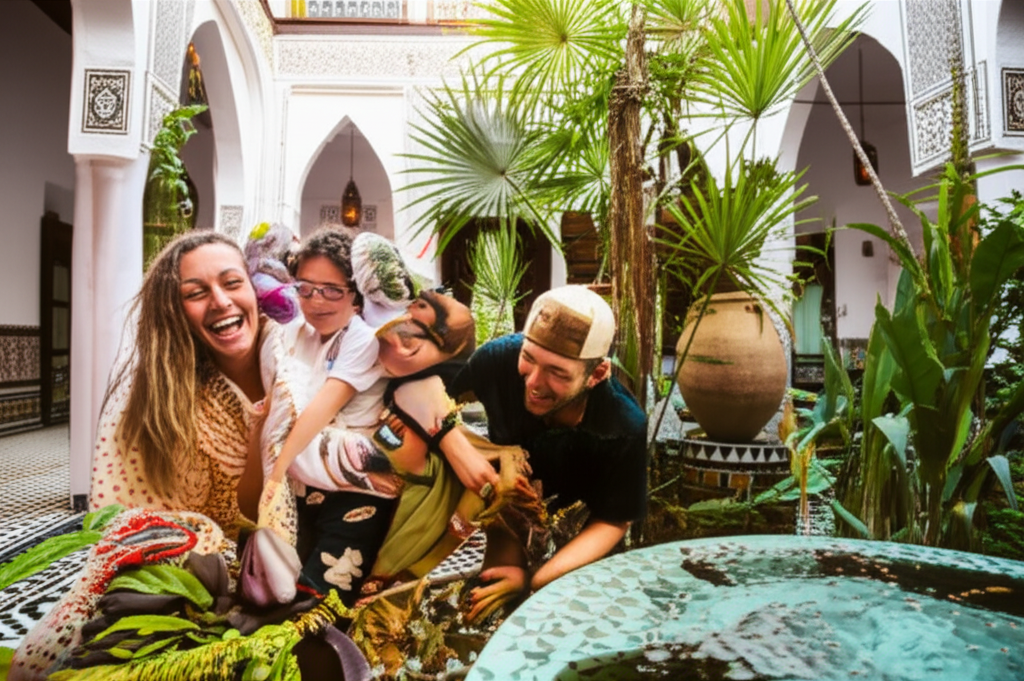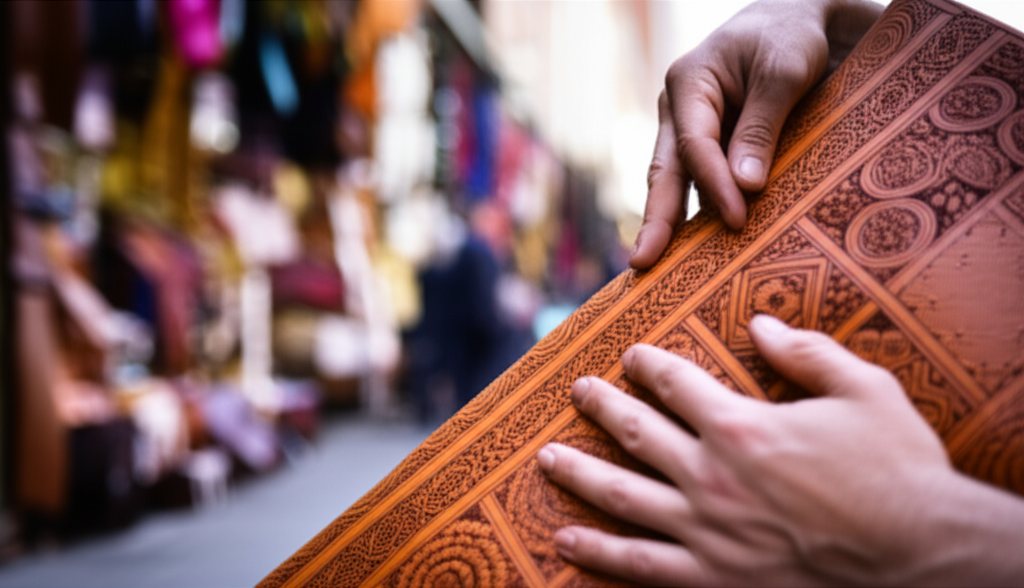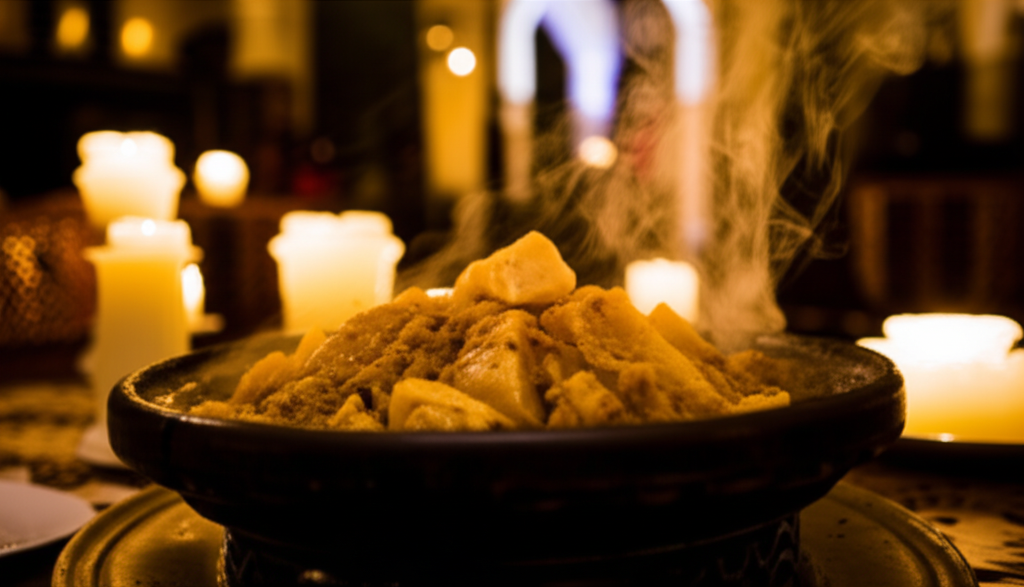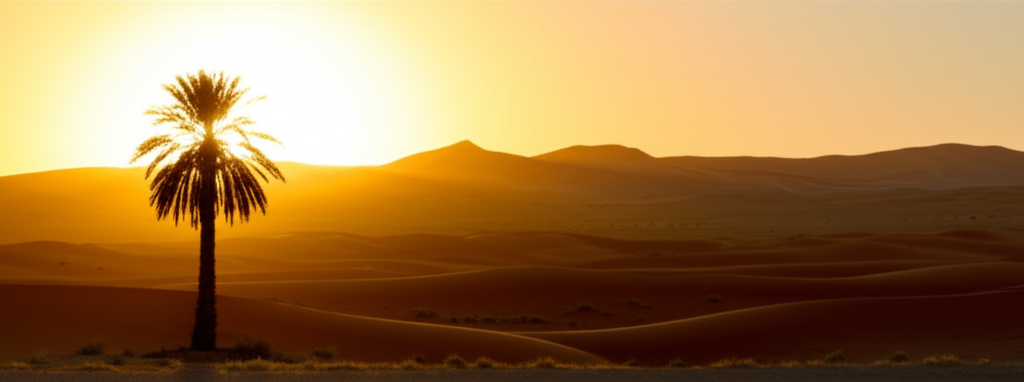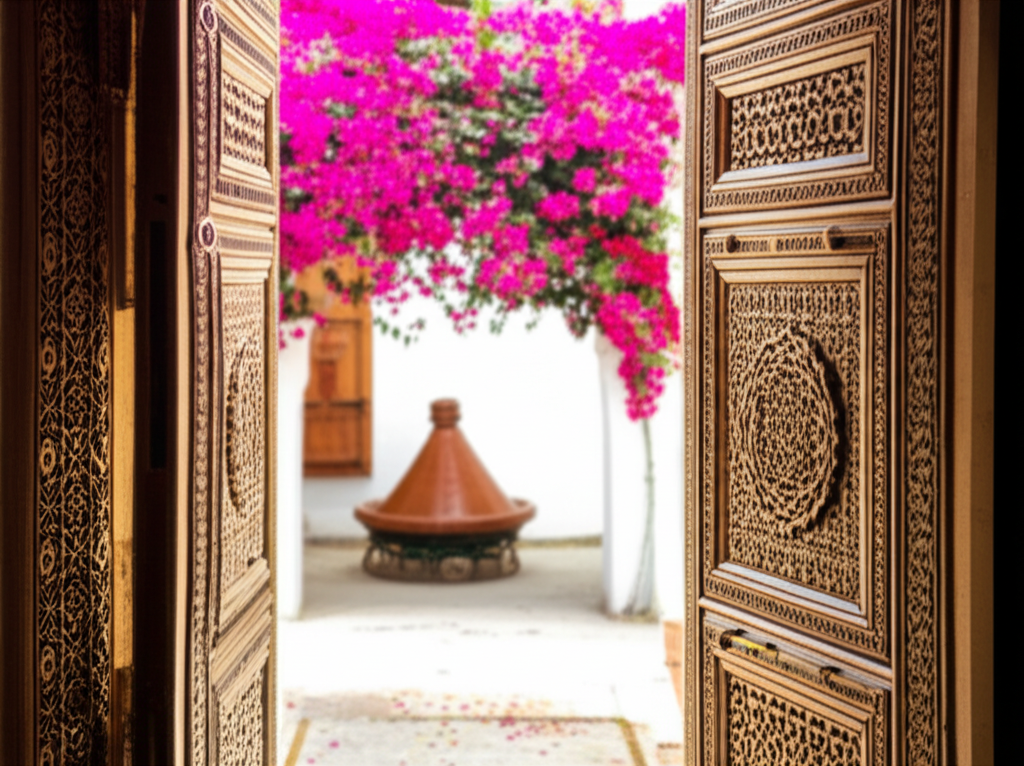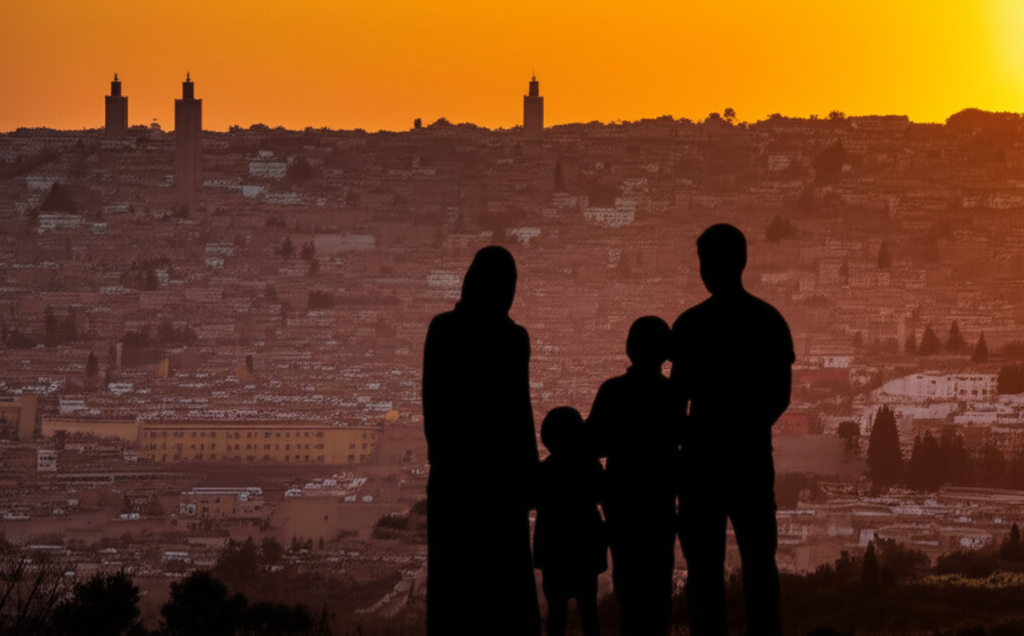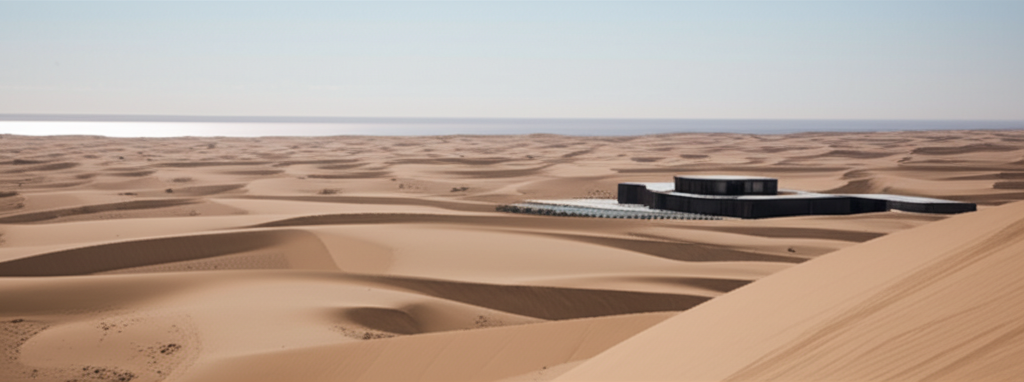Savor Authentic Halal Cuisine: Tagines, Couscous, and More
Morocco offers a culinary journey as rich and diverse as its landscapes. Halal cuisine is the norm, making it a paradise for Muslim travelers and anyone seeking flavorful, ethically sourced food. Forget bland tourist traps; delve into the heart of Moroccan gastronomy for a truly unforgettable experience.
The undisputed star of the Moroccan culinary scene is the tagine. This slow-cooked stew, named after the distinctive earthenware pot it's prepared in, boasts endless variations. Expect tender meats (lamb, chicken, beef, or even seafood), slow-cooked with aromatic spices, dried fruits, and vegetables until meltingly soft. Each region boasts its own signature tagine, offering a captivating taste of local flavors.
Couscous, a staple across North Africa, is another must-try. This fluffy, steamed semolina is the perfect accompaniment to tagines or served as a main course with a variety of stews and vegetables. Unlike the processed couscous found in many Western supermarkets, Moroccan couscous is often prepared from scratch, creating a noticeably lighter and fluffier texture.
Beyond tagines and couscous, the Moroccan culinary landscape is bursting with delightful surprises. Consider trying pastilla, a sweet and savory pigeon pie (or chicken alternative), a true testament to the country's intricate culinary traditions. Street food offers a cheaper and equally exciting experience, with options like harira (a hearty tomato soup) and msemen (square-shaped pancakes).
To truly appreciate the depth of Moroccan cuisine, explore local markets. The vibrant colors, intoxicating aromas, and the friendly chatter of vendors create a sensory experience as captivating as the food itself. Don't be afraid to ask questions; Moroccans are generally happy to share their culinary knowledge and recommendations.
Remember to ask about ingredients when dining out, especially if you have dietary restrictions beyond halal requirements. Most restaurants are happy to accommodate specific requests. Enjoying a meal in a family-run riad offers a more intimate and authentic experience, allowing you to engage with the local culture and learn about traditional cooking methods. Your taste buds will thank you!
